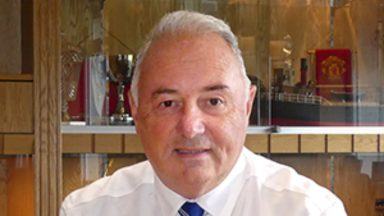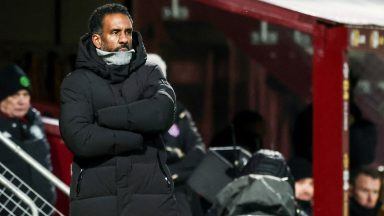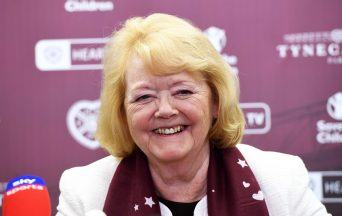Now the only Australian ever to manage in England’s Premier League, Ange Postecoglou is used to making firsts in his career but he is only one of many managers to leave Scotland for a crack at the English top flight.
The now-former Celtic boss is hoping to continue the success he enjoyed in a trophy-laden spell in Glasgow when he takes his new team into competitive action next season but he may find that although the path is paved with gold, the challenges at the end are formidable.
We’ve taken a look at those who have preceded the 57-year-old in trading Scotland’s game for the glitzier neighbour.
Steven Gerrard
You don’t have to go far back to find a Premiership-winning manager leaving his job in Glasgow to head to England.
Steven Gerrard had arrived at Ibrox with the long-term aim of building a CV that would leave to him managing his beloved Liverpool. Building a competitive Rangers squad, progressing in Europe year-on-year, then taking the team to an undefeated Premiership season was a strong start.
The former England star was marked out as a rising talent and when Aston Villa dismissed Dean Smith in November 2021, they offered Gerrard a chance to get back to the league where he shone as a player.
Villa finished 14th at the end of his first season and a dismal run of form at the start of his second saw Villa sack him last October, less than a year after he had taken on the role.
Brendan Rodgers
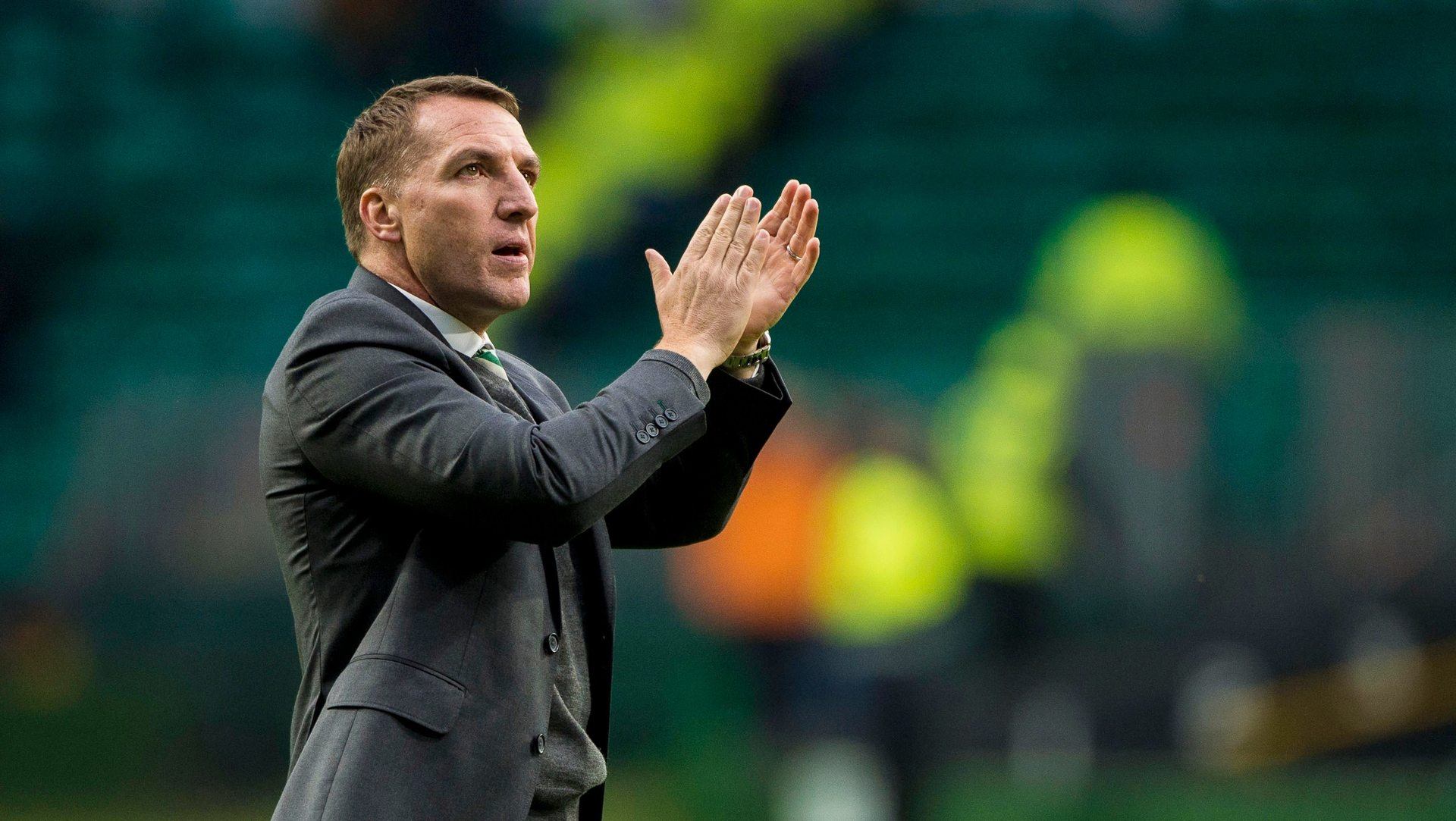 SNS Group
SNS GroupWhile Gerrard was in Glasgow trying to build a path back to Anfield, Brendan Rodgers arrived at Celtic to rebuild his career after a bruising time as Liverpool boss.
The Northern Irishman had been rapidly ascending through the managerial ranks but after being sacked by Liverpool he saw the opportunity to garner some silverware with Celtic and put some polish on his CV.
Winning seven trophies out of seven in Scottish football did just that, but there was always a sense he had an eye on a Premier League return.
When Leicester called, he jumped, annoying plenty in the Celtic support with his undue haste.
Rodgers did enjoy some success at the King Power stadium, winning the club their first FA Cup, but couldn’t lift the club to anything like the heights of their surprise title win and was sacked earlier this year. Leicester were relegated to the Championship at the end of the season.
Craig Levein
 SNS Group
SNS GroupIn 2004, Craig Levein was a managerial talent to watch. The 40-year-old had begun his managerial career at Cowdenbeath but quickly moved to Hearts, where he had distinguished himself as a player over 14 years at Tynecastle.
From the dugout, he had taken Hearts into Europe in successive seasons, securing two third-place finishes in the league with ambitions to reach the very top as a manager.
When then-Championship side Leicester City approached, that was what was on his mind and he accepted a move.
“There is only one reason for my decision and it is my ambition to manage in England and get into the Premiership,” he said.
Leicester finished 15th in Levein’s first season and the second was worse, a poor run of form leaving the team in the relegation places by January and closer to relegation to League One than the top flight.
Levein was sacked and would return north of the border, where he went on to manager Raith Rovers, Dundee United, the Scotland national team and Hearts again.
Sir Alex Ferguson

The recent anniversary of Aberdeen’s Cup Winners’ Cup triumph was a welcome reminder of what Sir Alex Ferguson achieved at Pittodrie, creating a team of talented and strong-minded players who delivered results nobody thought possible.
His leadership marked him out as the ideal candidate for Manchester United and he moved south in 1986 to take charge at the Red Devils.
Reportedly just one game away from the sack in 1990, a goal from youth team product Mark Robins to win an FA Cup tie was a turning point.
Ferguson went on to win 13 Premier League titles, five FA Cups, four League Cups, three Champions League titles, a Cup Winners’ Cup, a UEFA Super Cup and a Club World Cup and is now regarded as one of the greatest managers in history. He’s the manager every club hopes they are getting a copy of when they recruit from Scotland.
Graeme Souness
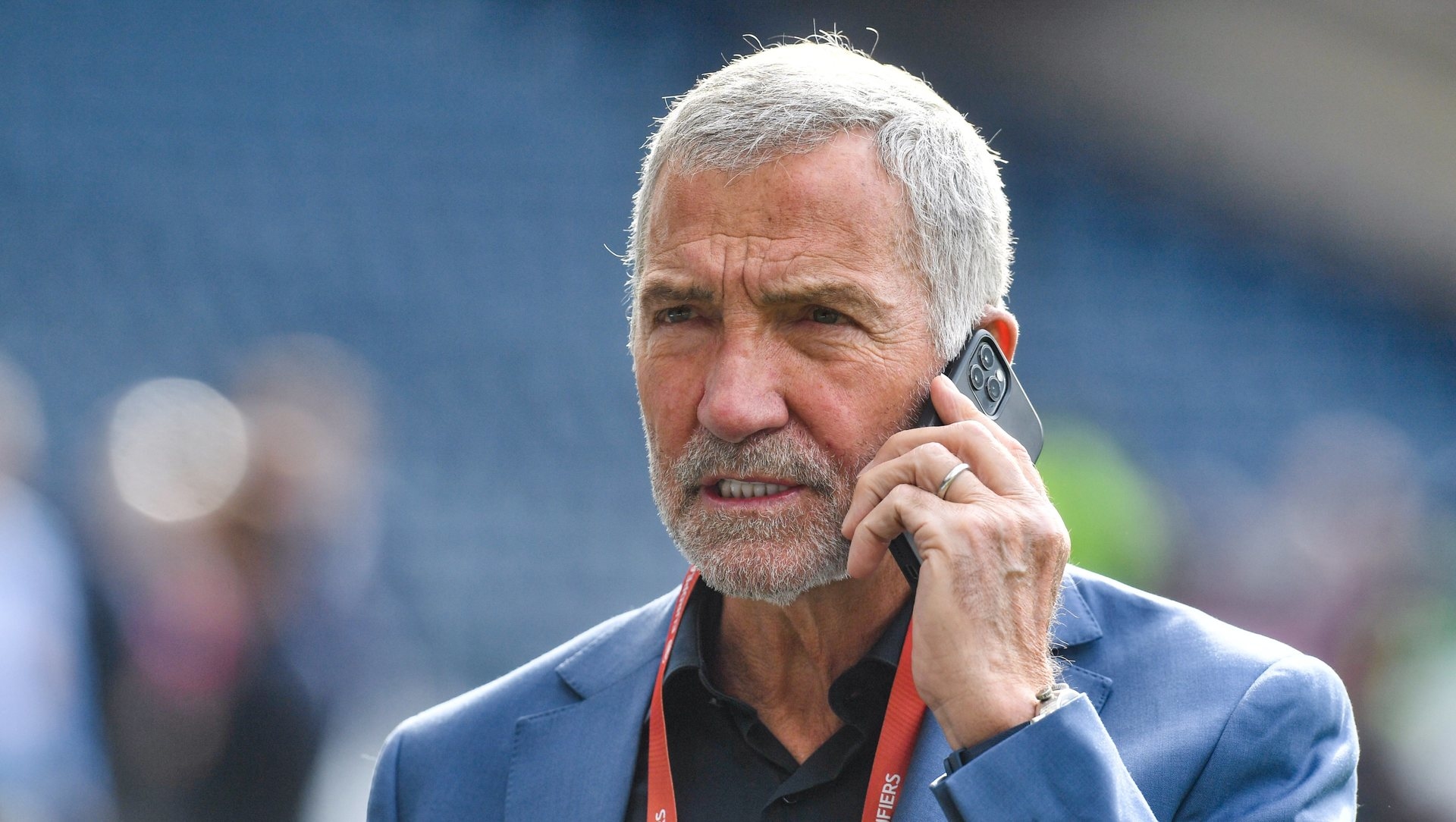 SNS Group
SNS GroupGraeme Souness sparked a revolution at Rangers when he arrived as player-manager in 1986, making changes that had an impact far beyond just his own club.
A driven winner, he had won three league titles and four league cups in Govan but when Kenny Dalglish resigned at his former club Liverpool, Souness had little to no hesitation in swapping Ibrox for Anfield.
As a crucial part of a winning team, the midfielder had become an Anfield hero and part of the rich history of the club. As manager, he saw his reputation with the fans tarnished and it was not a happy time for anyone concerned.
The need to change an ageing squad, poor signings and underwhelming results piled on pressure, though there were bright spots including the chances given to talented youngsters like Steve McManaman and Robbie Fowler.
A decision to sell the story of his heart-bypass surgery to The Sun newspaper saw his standing with the support plummet but ultimately results cost him his job. The team finished sixth and eighth in his season in charge.
Souness resigned in January 1994 after a cup exit to Bristol City.
Alex McLeish

A rarity on the list because he didn’t leave a club job, Alex McLeish was national team manager when his call from England came.
McLeish was under contract at Hampden and the Scottish FA refused permission for talks but the former Rangers and Hibs boss resigned and headed south in November 2007.
Despite some notable results, Birmingham were relegated at the end of the season but he overhauled the squad and took the team straight back to the Premier League as Championship runners-up.
McLesih took the team to a ninth place finish in the top flight, and then won the League Cup, but resigned after the team was relegated at the end of the 2010/11 season.
Jim Jefferies
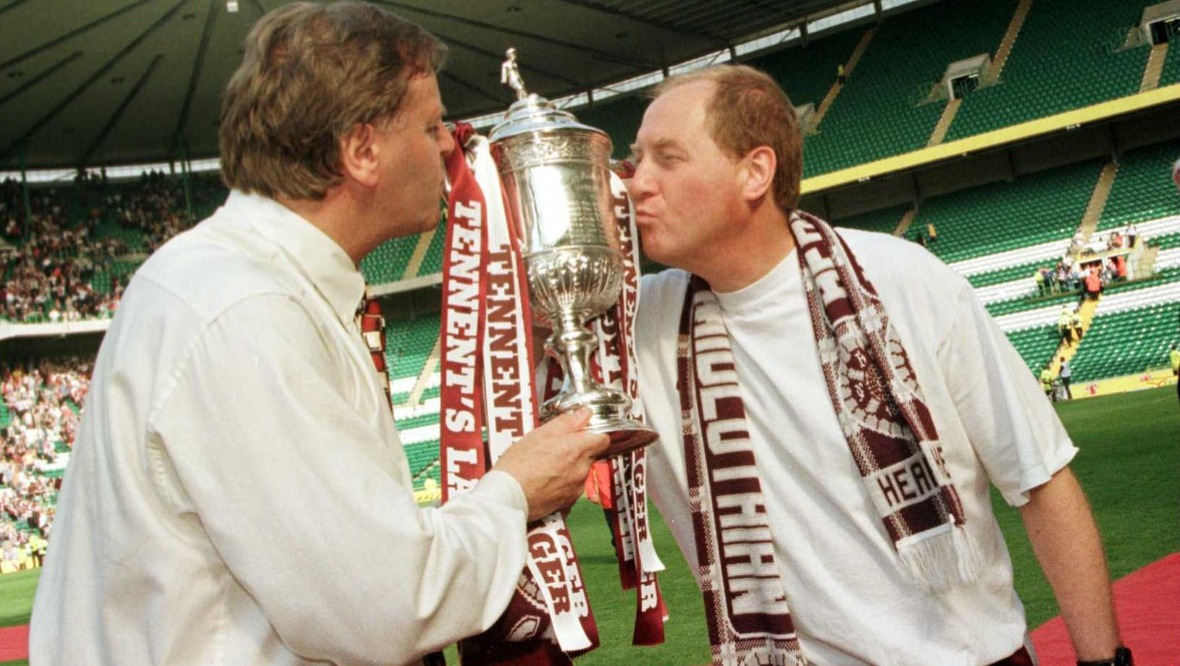 SNS Group
SNS GroupLike Levein, a former Tynecastle player who had returned to manage Hearts, Jefferies had made his mark by winning the Scottish Cup in 1998 and had taken Hearts to two other finals.
Bradford saw him as the man to sort out problems and parachuted him into their Premiership struggles in 2000. A “new manager bump” sparked hopes he could turn things around but the Bantams’ form nosedived and they were relegated at the end of the season.
Problems on and off the park meant the campaign to achieve promotion back into the top flight was disastrous and Jefferies was gone by December and would spend the remainder of his career back in Scotland.
Walter Smith

The Rangers legend and former Scotland boss will forever be associated with his many achievements at Ibrox but Smith had two spells working in England.
One was a brief stint on Sir Alex Ferguson’s coaching staff at Manchester United but the first, as manager of Everton, was a much more significant chapter in his story.
Though technically not a direct switch from one club to another like others on this list, Smith’s decision to take the top job at Goodison came just weeks after he had left Rangers at the end of a run that brought the club 13 trophies.
After an initial spending spree, the experienced manager had players sold out from under him as budgets were cut and he had his work cut out to keep the team competitive. The high point was finishing 13th in the 1999/00 season but fans weren’t impressed by the style of football and a poor run of results, culminating in a cup exit to Middlesbrough, saw Smith sacked in March 2002.
Follow STV News on WhatsApp
Scan the QR code on your mobile device for all the latest news from around the country



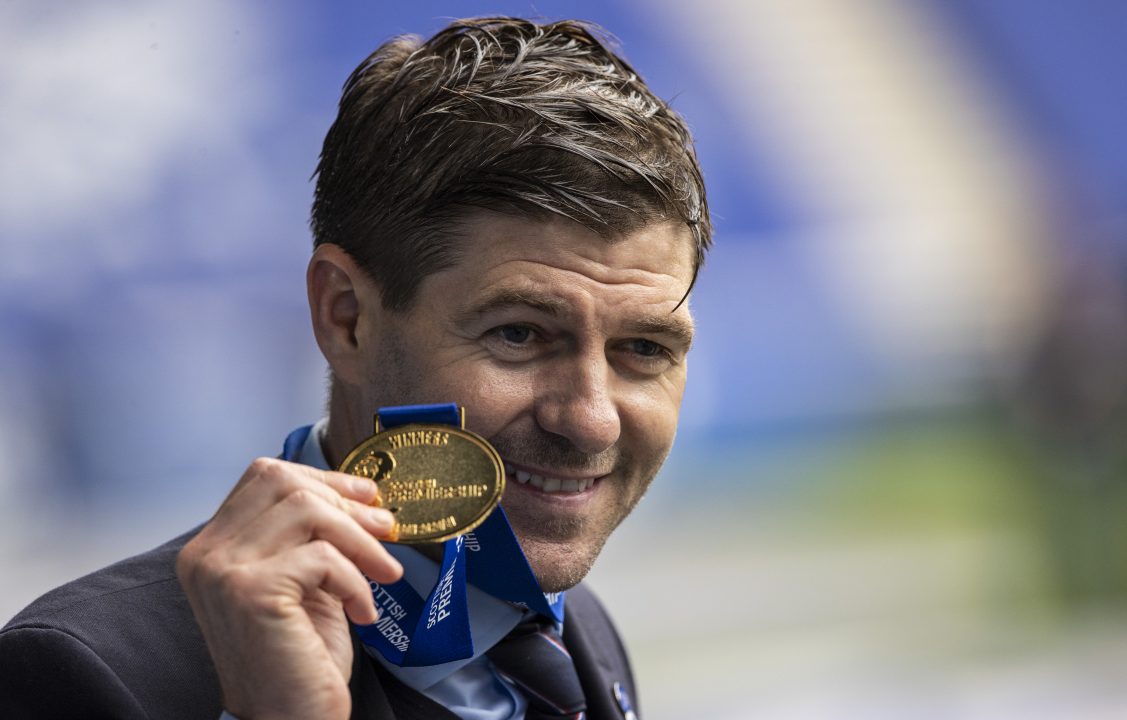 SNS Group
SNS Group







